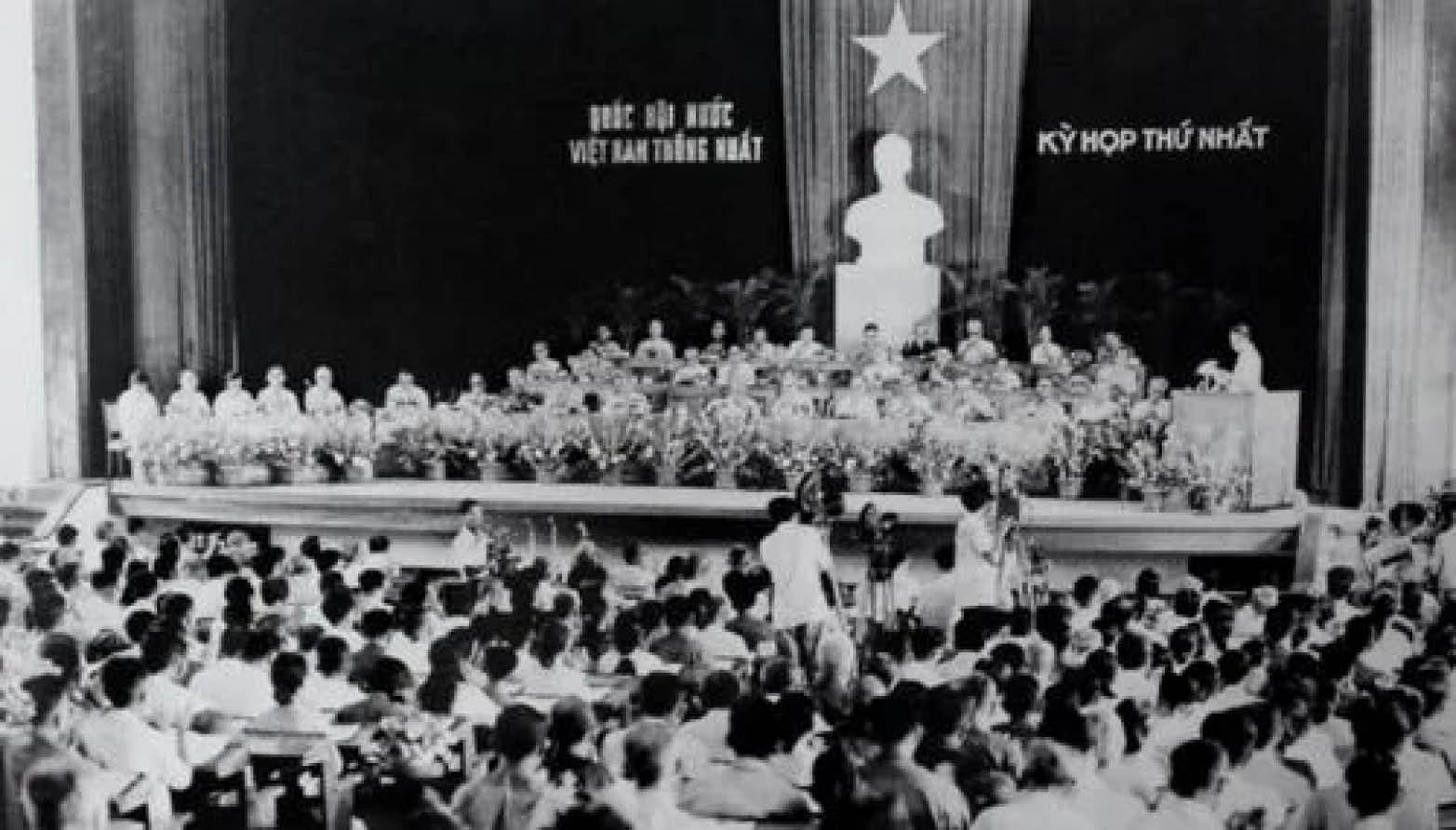 |
| The First Session, the First National Assembly - the first National Assembly of the Democratic Republic of Vietnam after the General Election on January 6, 1946, at the Hanoi Opera House. Photo: Document |
On November 9, 1946, the 1st National Assembly passed the first Constitution, which stipulated the basic ideas of the new State - an independent, autonomous, democratic republican State. The 1946 Constitution included: a Preamble, 70 articles written in 7 chapters. Of which, Chapter I stipulates the Government; Chapter II stipulates the Obligations and Rights of Citizens; Chapter III stipulates the People's Parliament; Chapter IV stipulates the Government; Chapter V stipulates the People's Council and the Administrative Committee; Chapter VI stipulates the Judicial Agency; Chapter VII stipulates the amendment of the Constitution.
Right from the Preamble, the 1946 Constitution affirmed: “Unite all people, regardless of race, gender, class, or religion. Ensure democratic freedoms. Implement strong and wise government of the People.”
When commenting on the 1946 Constitution, President Ho Chi Minh affirmed: “That Constitution declared to the world that Vietnam was independent. That Constitution declared to the world that the Vietnamese people had all the freedoms. That Constitution declared to the world that Vietnamese women were equal to men to enjoy all the freedoms of a citizen. That Constitution stated a spirit of close solidarity among the Vietnamese people and a spirit of integrity and fairness among the classes. The Government strives to follow three policies: People's livelihood, People's rights and People's nation.”
It can be said that, immediately after the State was established, it established a complete system of state agencies and issued legal regulations to ensure the legitimate rights of the People in all fields. For the first time in history, the Vietnamese People truly became the masters of the country, the society and themselves.
The young government at that time faced numerous difficulties: an unstable administration, a small staff, limited experience in managing the country, while the socio-economic situation, national defense and security all faced serious challenges. In that context, the promulgation of the 1946 Constitution was a great achievement, demonstrating the determination to build a rule-of-law state of the people, by the people, and for the people.
President Ho Chi Minh concluded: “The National Assembly has achieved a glorious result for the country by discussing the Constitution. After the country had just been free for 14 months, it had created the first Constitution in the history of the country. That Constitution is also a historical vestige, the first Constitution in this East Asian world. That Constitution is not yet complete but it was created according to a practical situation.”
The 1946 Constitution established the nation's new political foundation, the democratic republic. In this regime, state power originates from the people, belongs to the people and serves the interests of the people. The Constitution not only affirms the superiority of the new regime but also upholds the basic principles of the modern rule of law state: equality, democracy and freedom for all citizens, regardless of gender, social class or ethnicity.
Along with that, the progressive and humane nature is not only reflected in the provisions of legal documents, but also concretized early in the political, economic and cultural life of the country. Right from its inception, in the context of a young revolutionary government, a country that had just gained independence and was facing countless difficulties, the Constitution clearly demonstrated the spirit of national solidarity and the promotion of human rights.
A special point that needs to be emphasized is that the 1946 Constitution clearly defined the democratic form of operation of the People's Parliament, when it stipulated in Article 30: "The Parliament meets publicly, the public can hear", this provision clearly demonstrates the democratic nature of a State of the people, by the people and for the people, concretized through the very method of operation of the highest state power agency.
One of the outstanding advances of the 1946 Constitution is the special attention paid to disadvantaged groups in society, typically women and ethnic minorities, who have long been disadvantaged under previous social regimes. For the first time in the history of Vietnam's constitution, women's social and legal status was officially and fully affirmed. The Constitution not only recognizes the equality between men and women, but also ensures that women can participate in the government apparatus, have a voice in the country's construction, and enjoy all basic freedoms such as freedom of speech, freedom of organization and assembly, freedom of belief, freedom of residence, etc.
The progressive contents of the 1946 Constitution contributed to consolidating the great national unity bloc, creating great endogenous strength. It was this factor that helped the young revolutionary government overcome numerous difficulties, maintain the achievements of the August Revolution and continue to meet the legitimate aspirations of the people in the early stages of independence.
It was from that foundation that the Democratic Republic of Vietnam mobilized the strength of the entire people for the resistance war and national construction. The goal of building a society where “everyone has food to eat, clothes to wear, and education” is not only a noble ideal, but also reflects the humanitarian and progressive spirit of a young democracy full of courage and aspiration to rise up.
After 80 years, those achievements still retain their value and continue to be the foundation for the process of building and developing the country.
Source: https://huengaynay.vn/chinh-tri-xa-hoi/theo-dong-thoi-su/gia-tri-lich-su-ban-hien-phap-nam-1946-156864.html




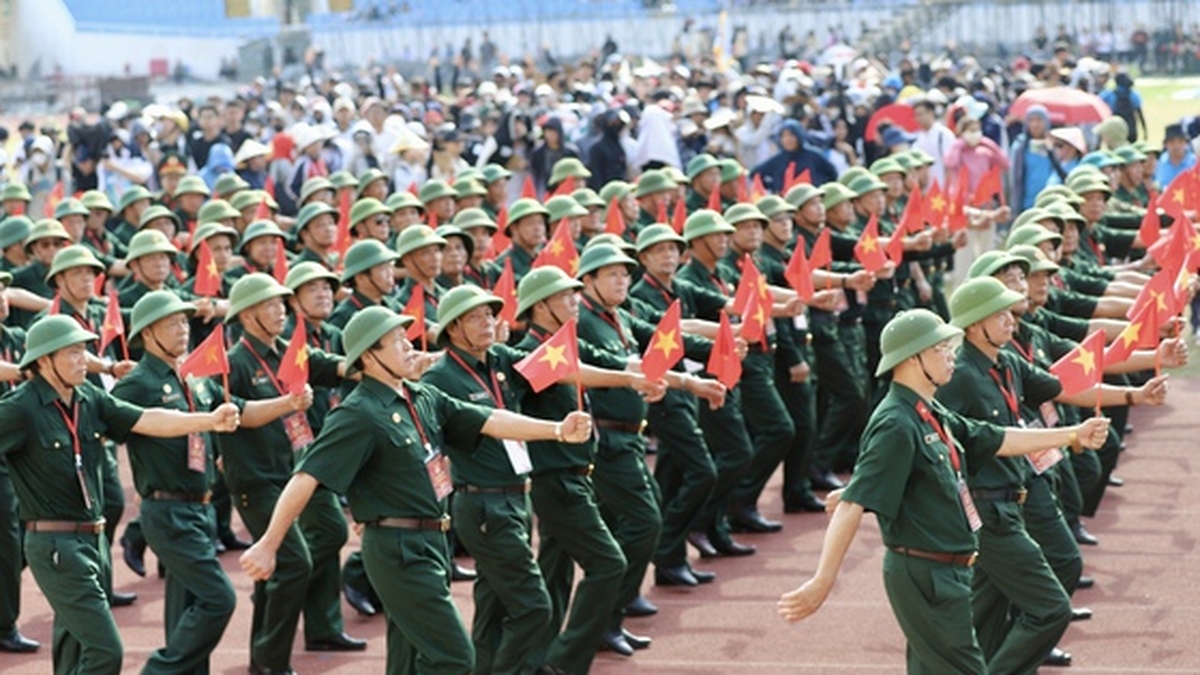

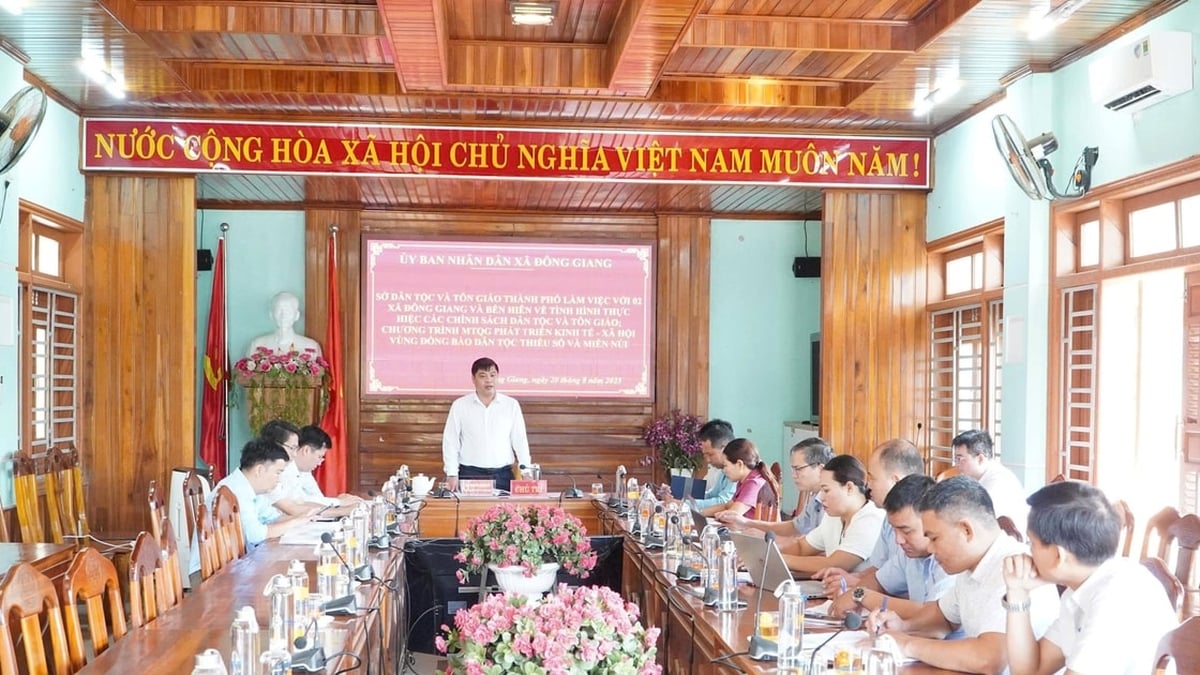


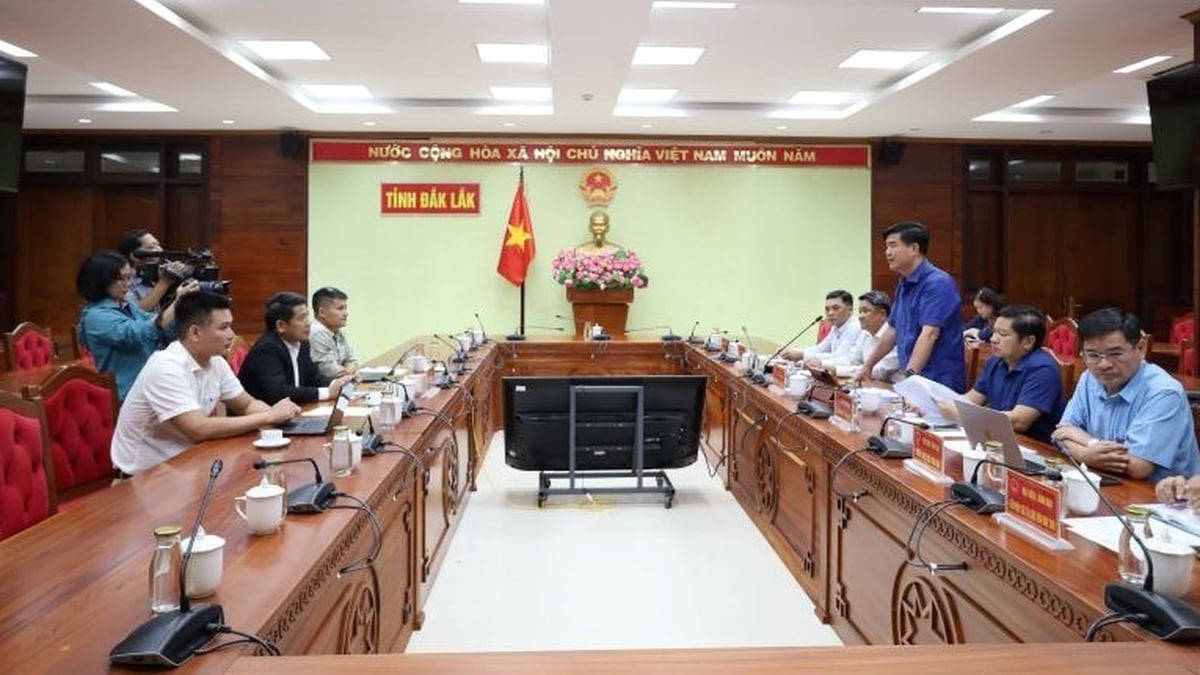
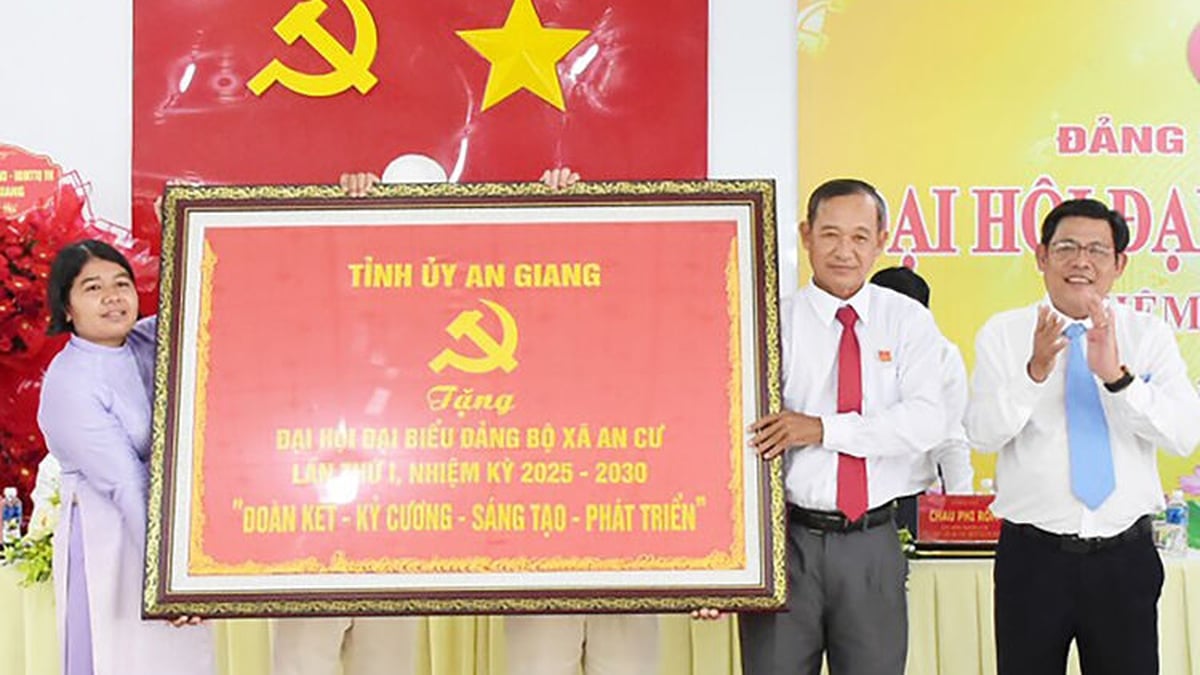
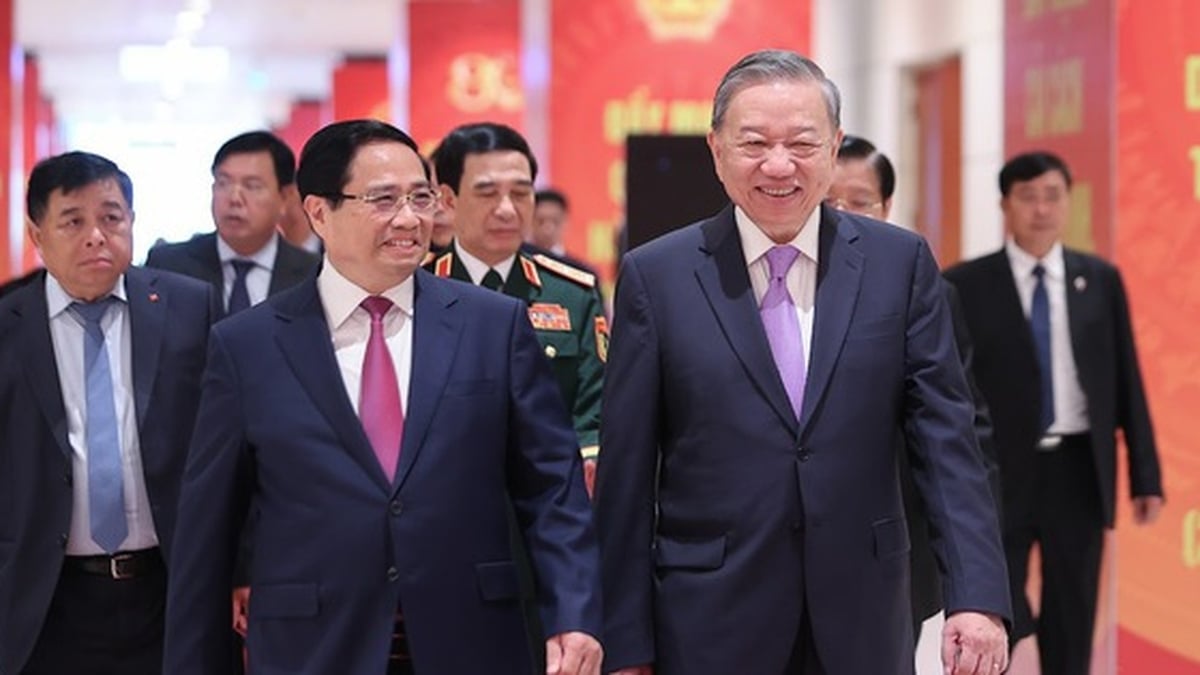












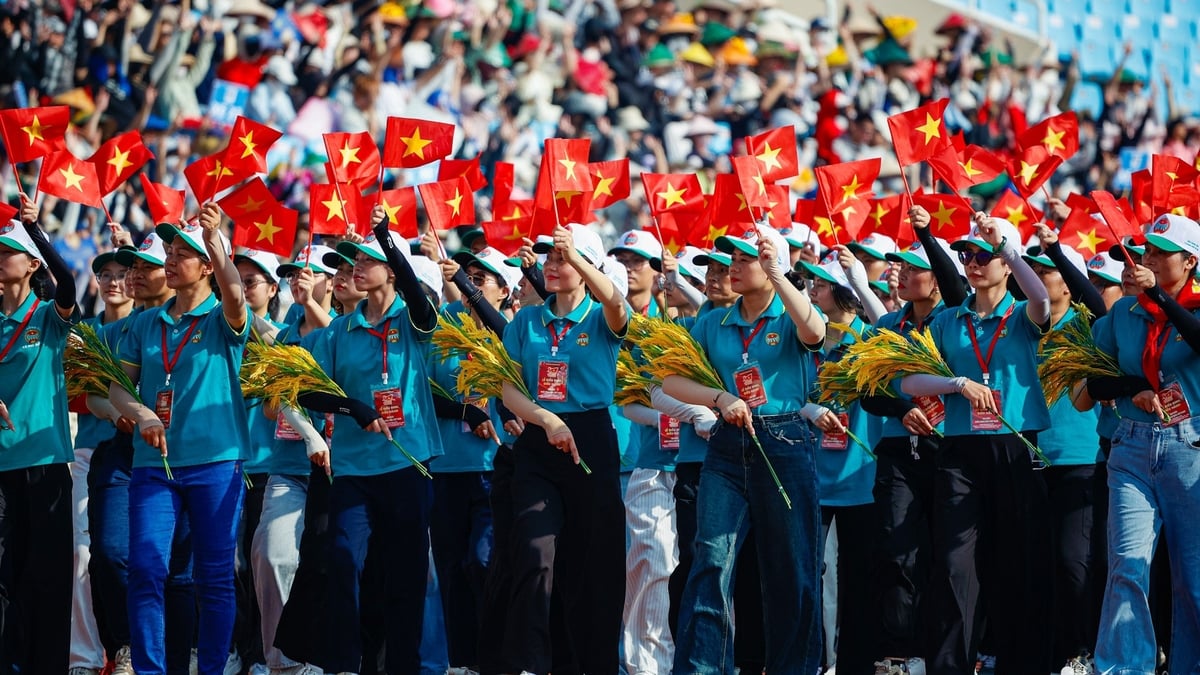
![[Photo] Politburo works with the Standing Committee of Da Nang City Party Committee and Quang Ninh Provincial Party Committee](https://vphoto.vietnam.vn/thumb/1200x675/vietnam/resource/IMAGE/2025/8/19/b1678391898c4d32a05132bec02dd6e1)
![[Photo] General Secretary and Prime Minister visit the National Exhibition and Fair Center](https://vphoto.vietnam.vn/thumb/1200x675/vietnam/resource/IMAGE/2025/8/19/f4503ad032d24a90beb39eb71c2a583f)

![[Photo] General Secretary To Lam attends the 80th Anniversary of the Government's Founding](https://vphoto.vietnam.vn/thumb/1200x675/vietnam/resource/IMAGE/2025/8/20/3375b78559fa4d558776197d684b8356)



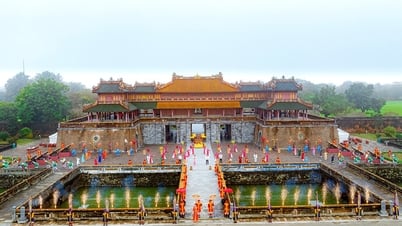



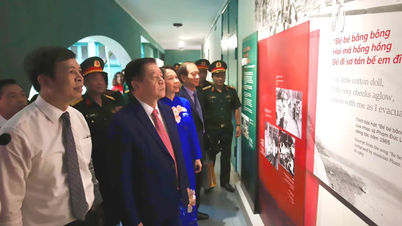







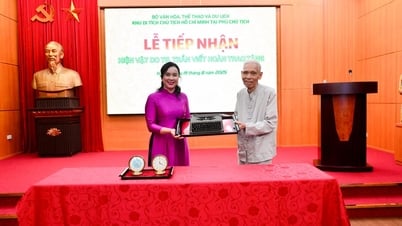



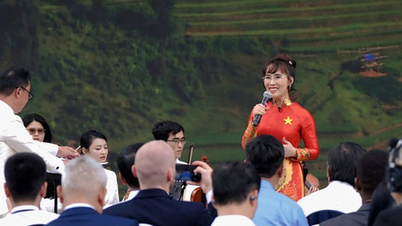

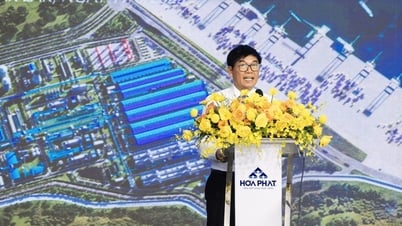

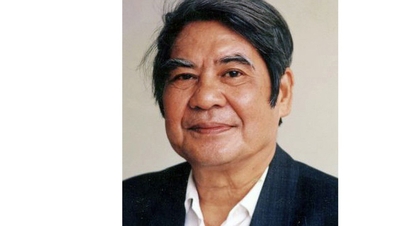



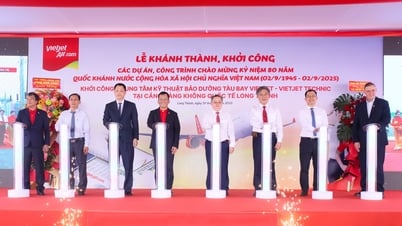
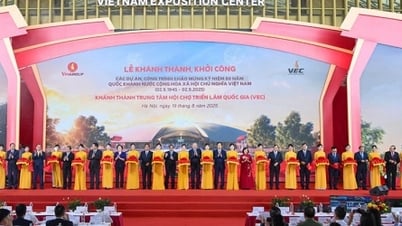


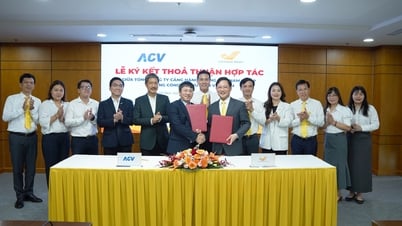


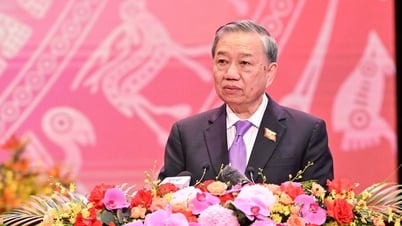



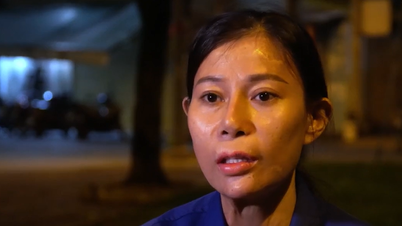
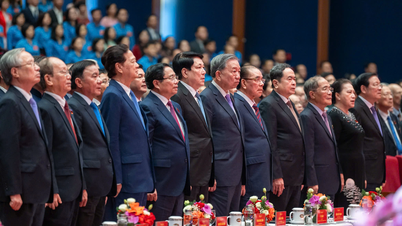








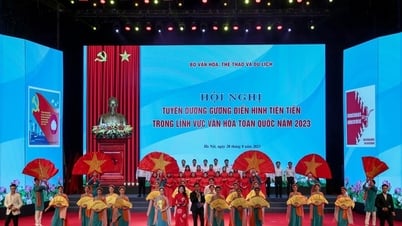











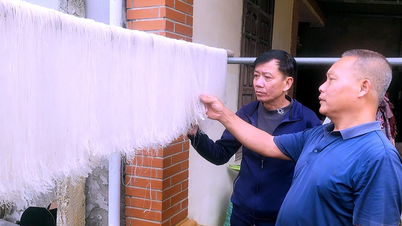






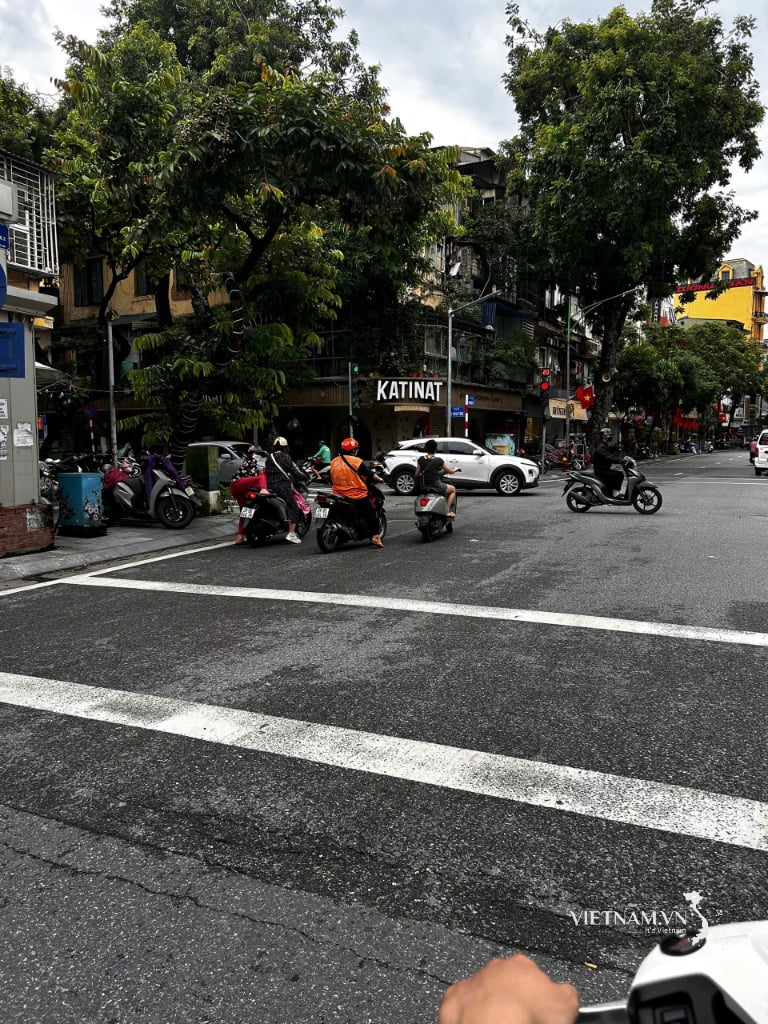



Comment (0)